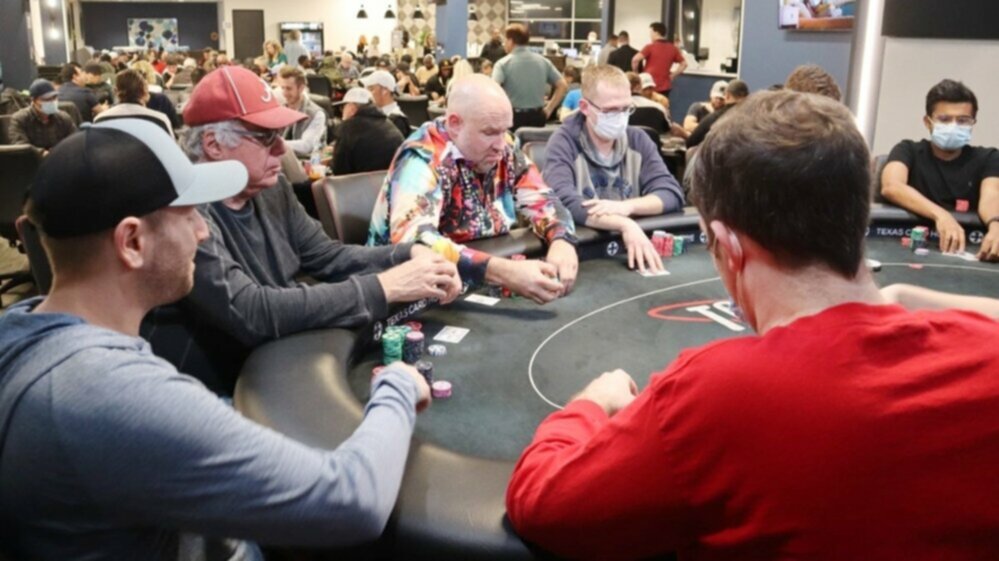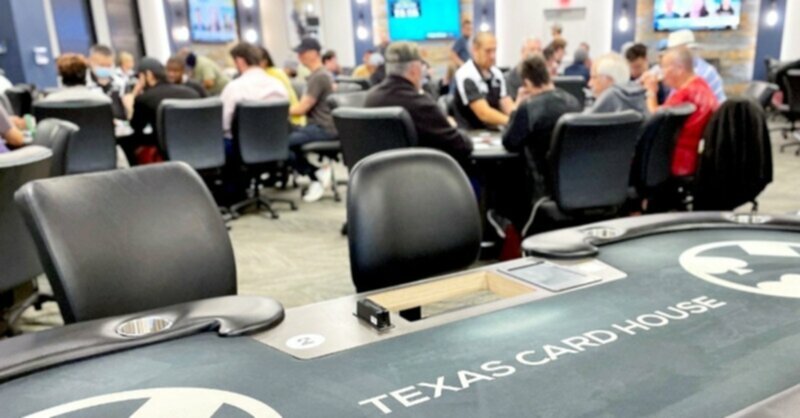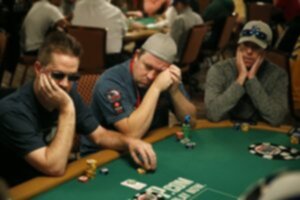
Playing poker in Texas could become a whole lot harder next year amid rising concern state legislators are seeking clarification over the language of the current law.
There is a boom of private poker clubs across Texas, leading authorities to question their legitimacy.
A bill pre-filed by Gene Wu, a five-term state representative, is seeking to amend the language of the penal code in Texas and potentially close a loophole that, it is claimed, players are exploiting.
Poker is legal in Texas only if games are played where no-one profits beyond their own winnings, hosted in private establishment, games aren’t held in a public place, and it’s fair for everyone. If a game doesn’t follow these rules then Section 47.02 of the Texas Penal Code outlines that anyone betting even a few dollars in a poker game can be fined.
However, what constitutes a “private establishment” is the primary issue of Wu’s proposed bill.

Current State Of Poker In Texas
Right now Texas permits poker but only, as mentioned, in private establishments. The issue Wu has raised is that the language potentially doesn’t address the boom of private poker clubs.
A private poker club is one that is held on private premises and charges members a fee to enter. Members can then consume food and drink, and socialise just as they would in a “normal” membership club. Poker games are conducted, and everyone has a fair chance of winning. The difference, though, is that these clubs are private in name only because any new members can be easily added to their community.
What’s more, private poker clubs advertise their services to new players, facilitate tournaments and host live streams. It’s hardly “private”. Indeed, one establishment in Dallas employs 200 people at the $2m Texas Card House.
Another, the Watauga Social Lounge Poker Club, was recently raided by police.
Wu hopes that, should the bill pass, the wording of the legislation can change to close this loophole.
https://twitter.com/NutsDAO_poker/status/1594704435606917123
Texas Poker Wording Proposal
The big focus is on trying to change the wording so that poker tournaments remain private. This likely means changing words like “establishment” or “place” to more personalized language like “dwelling” or “residence”.
Doing this would greatly reduce the number of places people can play poker in the state, as it could mean commercial establishments would be unable to host private clubs.
In fact, some argue the wording change would totally shut down Texas’ poker industry. Jobs, such as those at the Texas Card House, would evaporate. It would also block further investment in the state.
However, it’s not as simple as changing the words of the current law. Wu faces a battle to get his proposal through this year’s state legislature, considering how many are put through each year. Texas’ legislative session begins on January 11th.
This gives private poker clubs time to mount a challenge and set out their arguments for the status quo. They could even push to legalise public poker across the state, in a move similar to that undertaken by online sports betting companies.
However, legalizing poker in Texas isn’t the same as maintaining the current “private” system. For one, it would cost millions of dollars to successfully lobby for a legal overhaul this big. It would also need widespread support. Right now Texas Senator Carol Alvarado wants to see new casino gaming and sports betting regulations adopted in the state, but achieving that within the next few years seems overly optimistic.





